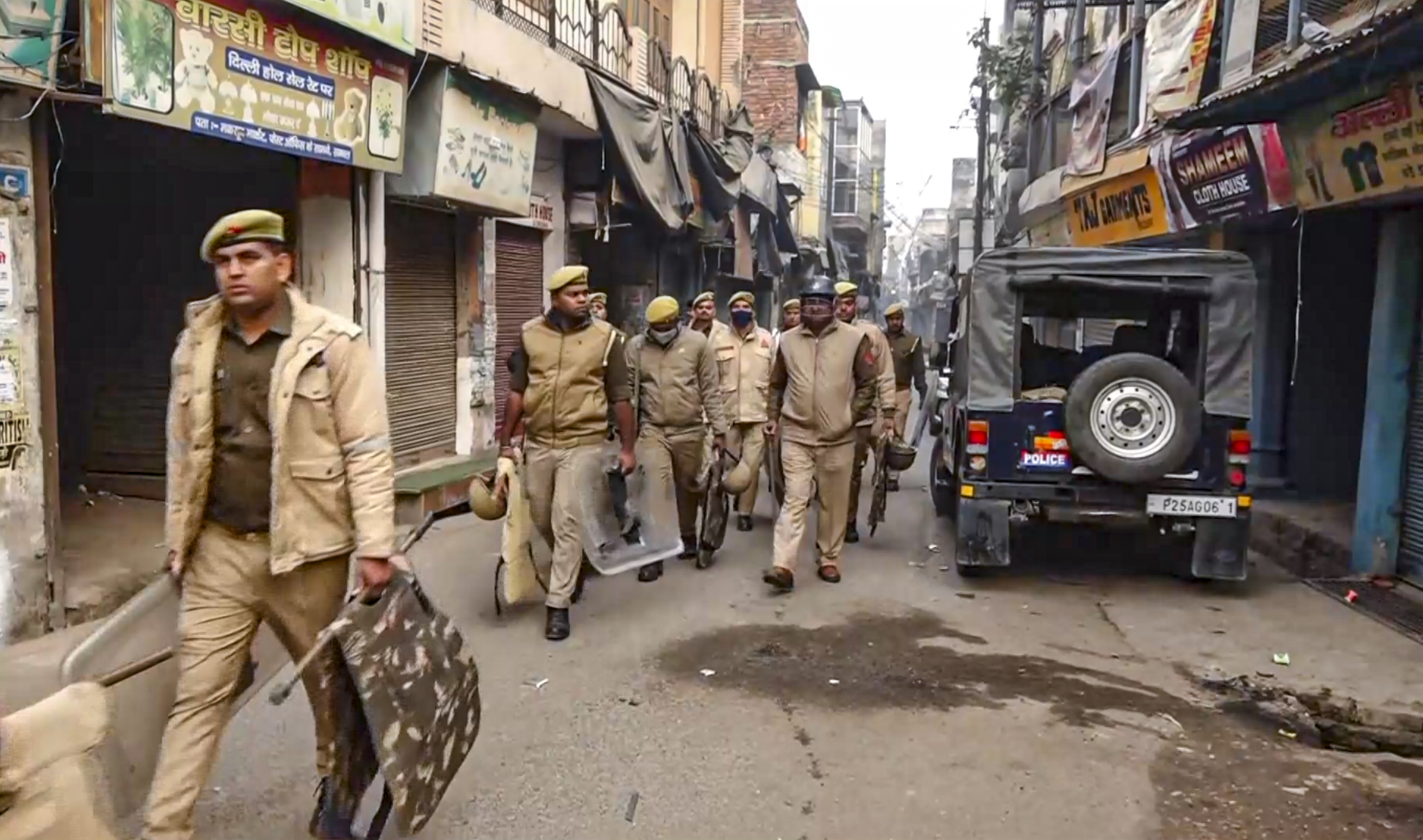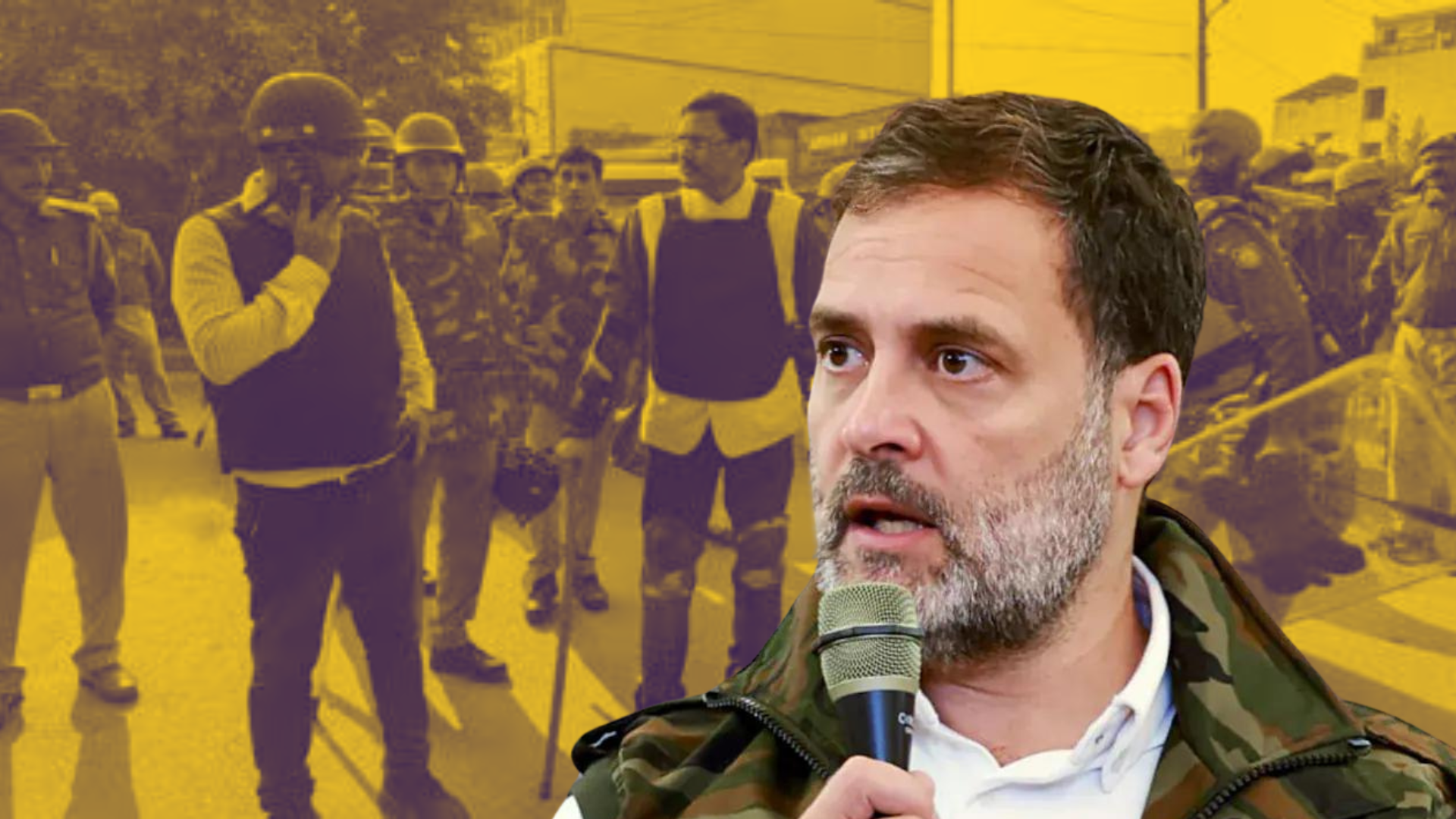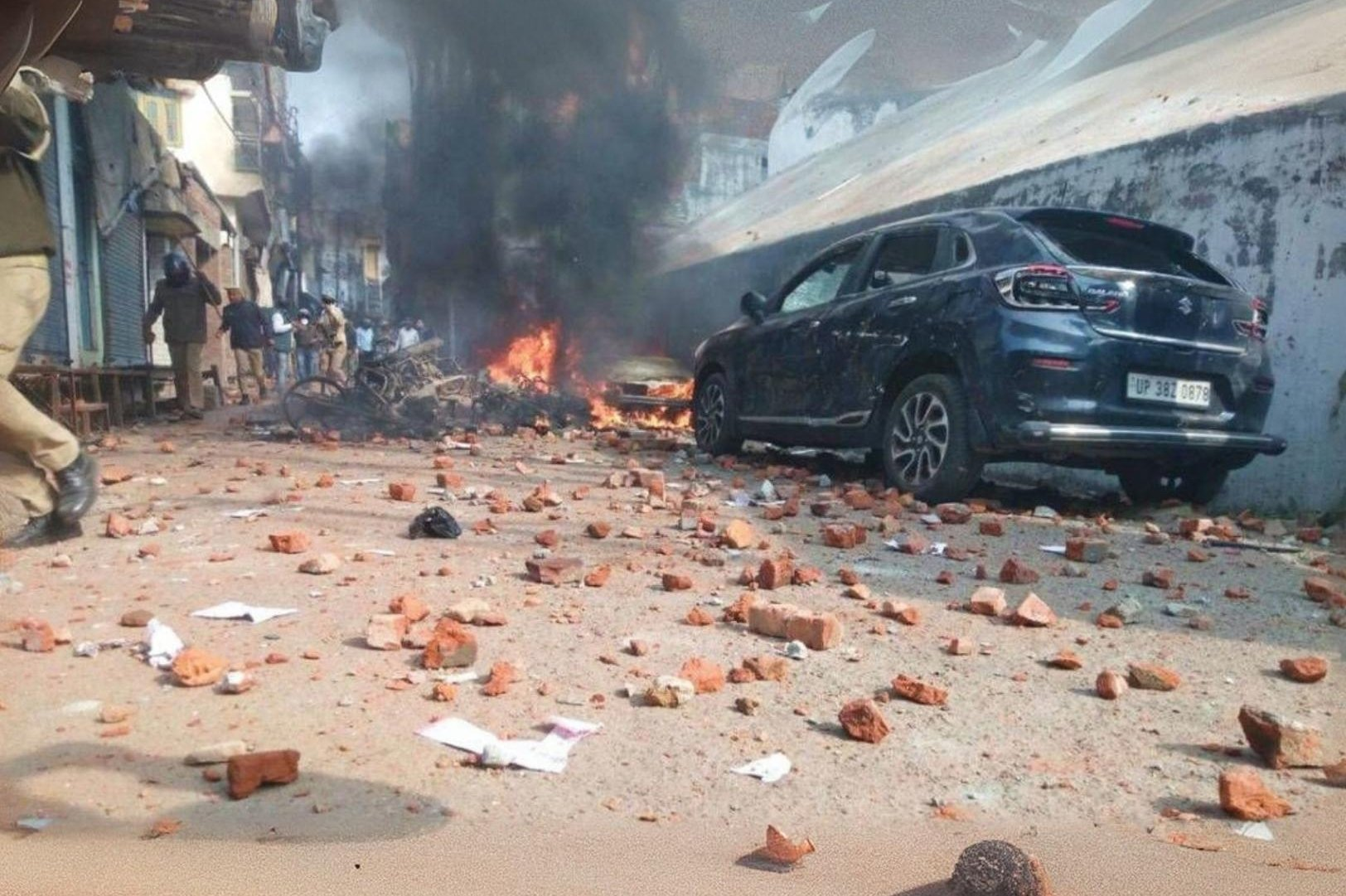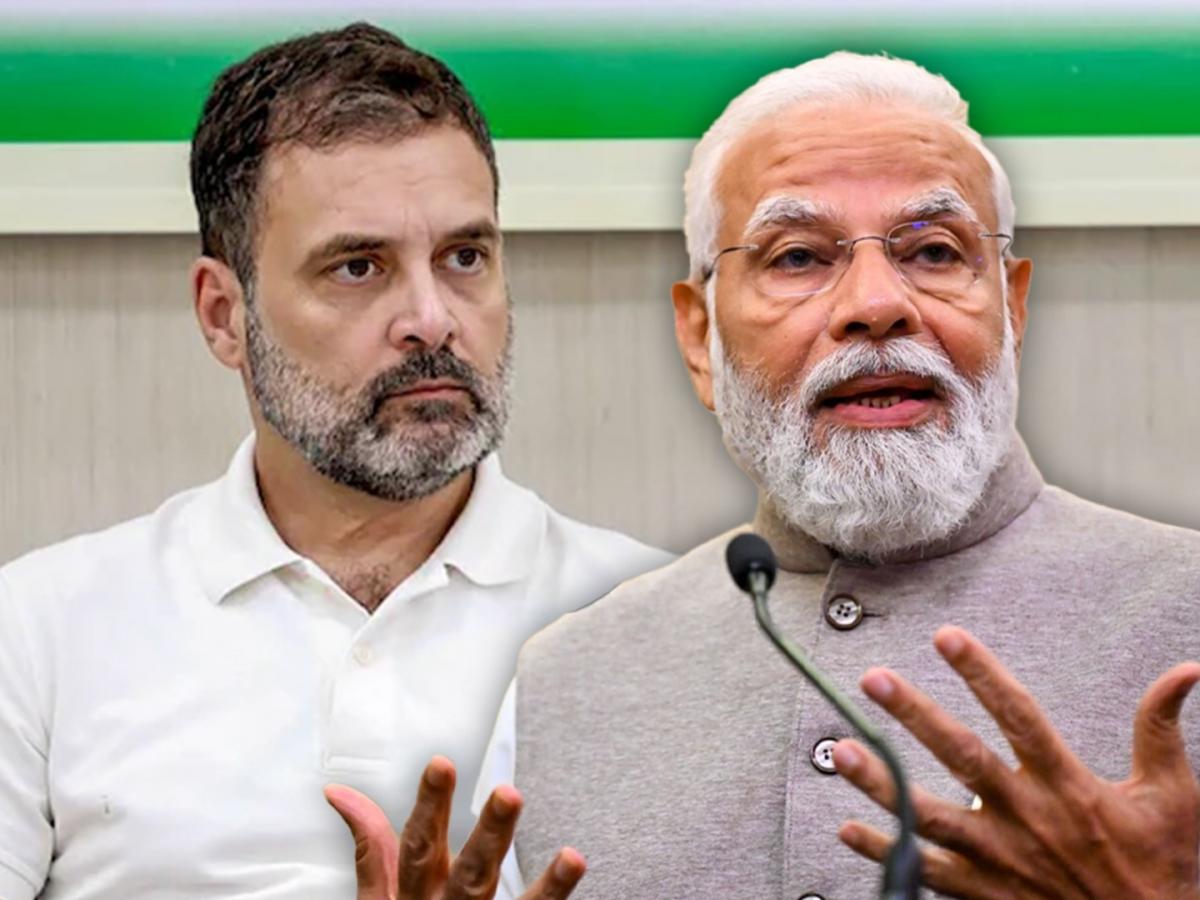Rahul Gandhi’s Entry Ban In Sambhal Triggers Debate: 5 Key Takeaways
Sambhal DM’s directive against Rahul Gandhi raises legal, political, and ethical questions.

It brought political heat and public debate when the DM of Sambhal in Uttar Pradesh issued an order barring Congress leader Rahul Gandhi from entering the district. The directive, communicated to neighboring districts—Bulandshahr, Amroha, Ghaziabad, and Gautam Buddha Nagar—cited Section 163 of the Bhartiya Nyaya Sanhita (BNS), stating that the prohibition was aimed at maintaining law and order amidst recent tensions in Sambhal.
The Context of the Decision
This is about the recent communal disputes in Sambhal, allegedly over a dispute involving a survey of a site of worship. A mosque was reported in a district that was said to have been built upon an erstwhile Hindu temple. Because of this, protests and even visible fights emanated.
According to reports, the clashes left injuries and fatalities and heightened communal tensions, forcing authorities to impose Section 144 (CrPC), which restricted gatherings in the region.

Rahul Gandhi, opposition leader and Congress MP, said he would visit the district, meet affected families, and discuss the situation. The declaration was made amidst much criticism of the state government for mishandling the situation and charges of partiality in maintaining communal harmony. However, citing concerns about public order, the Sambhal DM issued instructions to prevent Rahul Gandhi’s entry, terming it a precautionary measure under Section 163 of the BNS.
What is Section 163 of BNS?
Section 163 of the Bhartiya Nyaya Sanhita aims to prevent and punish actions that disrupt military discipline and duty. Furthermore, Section 163 has also vested the Magistrates with the authority to issue immediate preventive orders in cases that arise when there is enough ground for apprehension of obstruction, danger to human life, public disturbance, or riots. This section is provided as a preventive measure, but the fact that it has been invoked against a high-ranking political leader in this case raises many questions.
Political Reactions
Hitting back, the party said this amounted to an infringement of democratic rights provided in Article 19 of the Indian Constitution that grants individuals the right to move freely anywhere in the territory of India.

The Rahul Gandhi office released a statement that condemned the decision and termed it the authoritarian approach of the BJP-led government in Uttar Pradesh. This is a violation of democratic principles to stop Rahul Gandhi from meeting the victims of communal violence.
In turn, the Bhartiya Janata Party defended this decision, arguing that peace in the district is necessary and that political interests should be subject to law and order. The DM has made an administrative decision, rather than a political one to ensure the already fragile situation in Sambhal doesn’t deteriorate, said BJP spokesperson.
Legal and Democratic Implications
Thus, legal and ethical concerns are raised about balancing safety with democratic freedom. Many critics have opined that such a measure further reinforces the deterioration of belief in administrative neutrality if applied to political activities.
Legal experts argue that while Section 163 provides discretionary power to authorities, such discretionary power must be exercised judiciously and based on evidence. Blanket bans against a person can be considered unfair and potentially unlawful when the challenges come in court action.
Another criticism of this directive on political intent is its timing, which coincided with Rahul Gandhi’s visit to the state. Some opposition leaders have insisted that judicial review be established to ascertain whether the directive abuses administrative power.

Broader Trends in Uttar Pradesh
This is part of a larger trend in Uttar Pradesh, in which administrative decisions and political activity often merge. In this political hot spot, opposition leaders have been imprisoned, restricted, or otherwise barred from speaking on hot subjects several times.
Such measures had been taken earlier this year when protests against controversial land acquisition policies were seen in various districts. Those were justified on grounds of public order, but critics-including activists and opposition parties-protested the government for stifling dissent.
The Road Ahead
Rahul Gandhi’s visit to Sambhal became an important political statement on governance and communal harmony, and the UP administration inadvertently highlighted the issue of administrative transparency by not allowing his entry.
This episode will likely be prominently in national political discourse. The Congress party may use this incident to portray itself as a defender of democratic values, while the BJP is expected to emphasize its commitment to law and order.

Public Opinion
Citizens reacted strongly on various grounds, with some commending the decision taken by the DM for necessary intervention and others regarding this incident as an over-extension of administrative authority. This had been the hubbub at most social media interfaces; among hashtags in that sense, #RahulGandhi and #SambhalDM have seen heavy trending throughout India.
Conclusion
Open questions of a legal, political, and ethical kind flow from this directive preventing Rahul Gandhi from entering Sambhal; indeed, they point toward very narrow edges upon maintaining the democratic liberty with public order. Now, how it pans out in public opinion and, later on, narratives will definitely prove interesting when the next elections finally approach.




